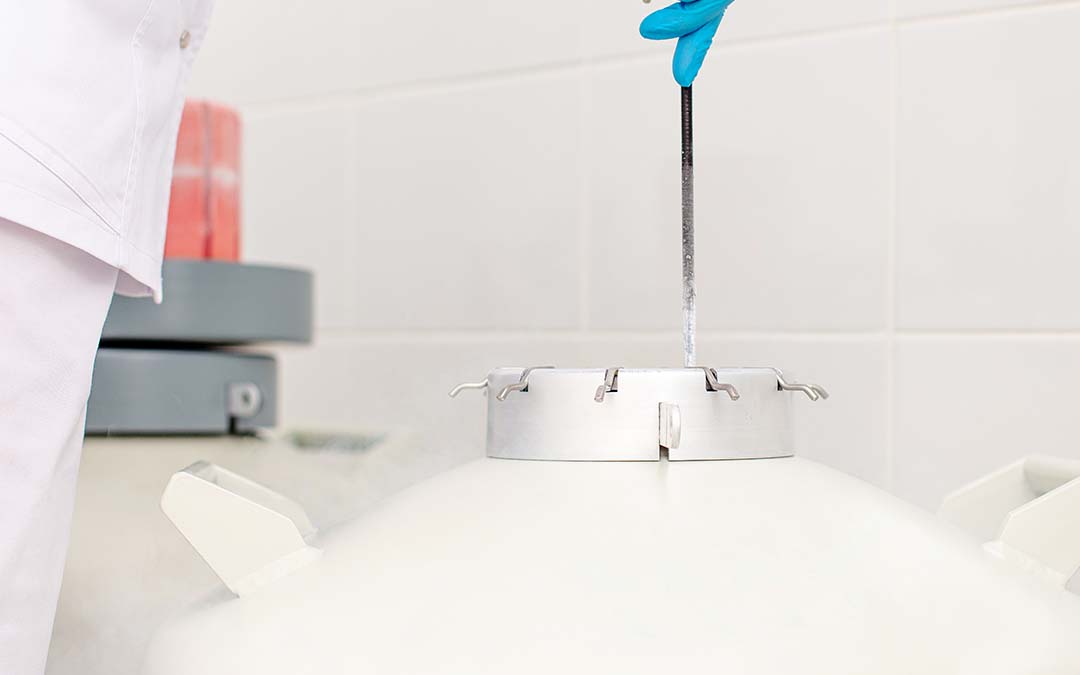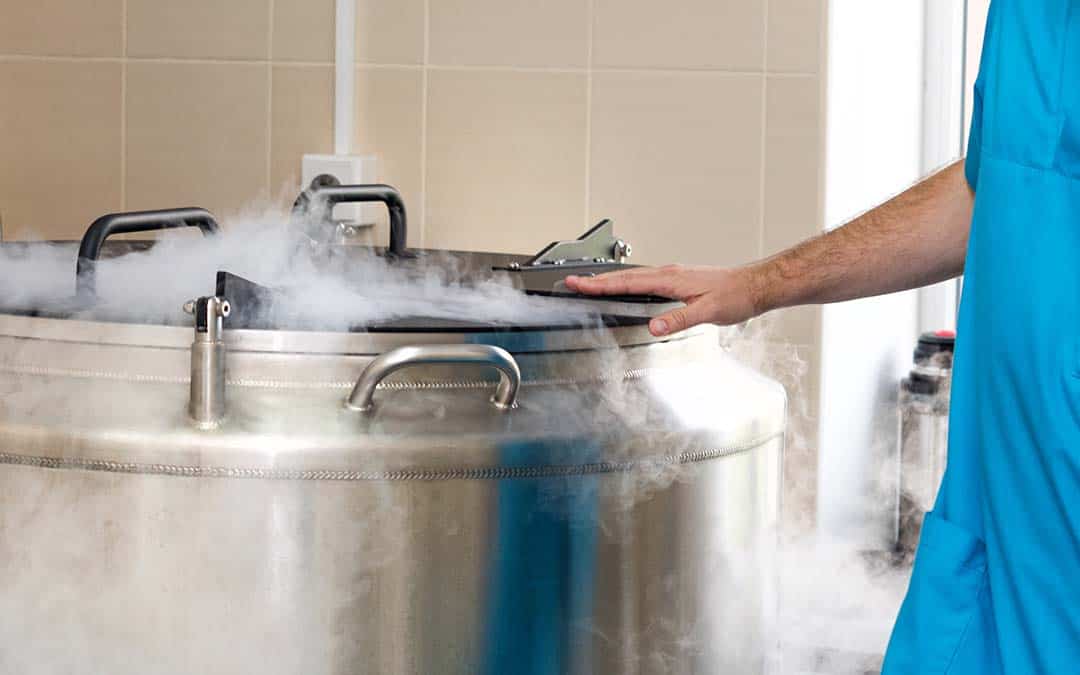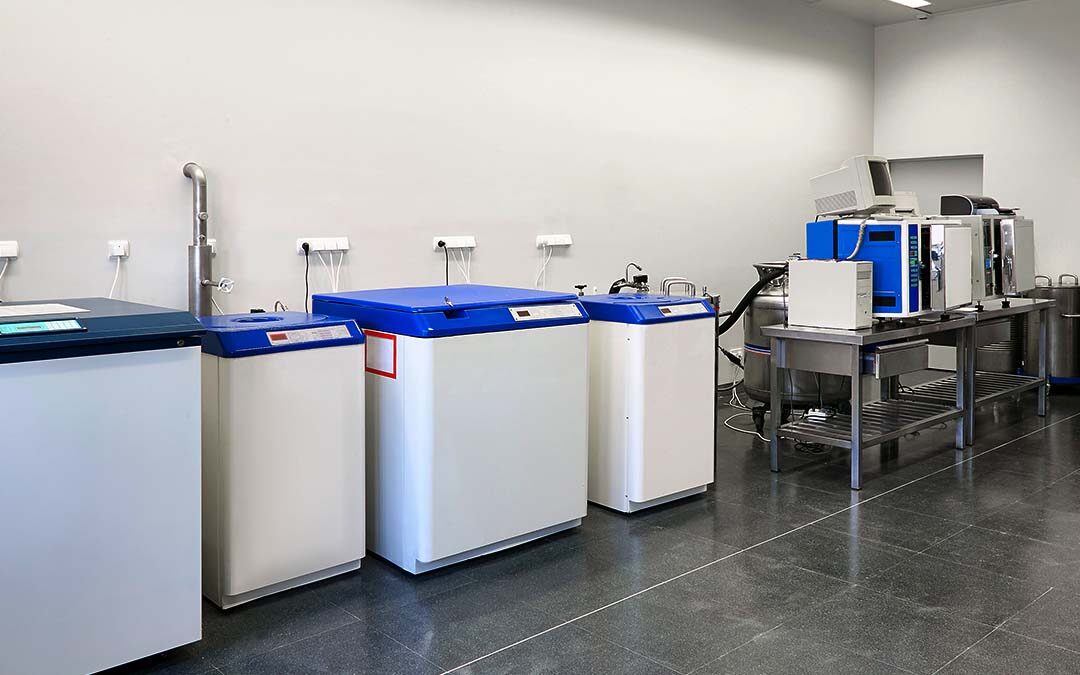While technological innovations are nothing new, these days it seems like automation is becoming integral to every part of our lives, from the way we order food to the software we use at work to the way we change the temperature or lighting in our own homes. Fertility is the latest industry to incorporate automation in a big way, with embryo freezing and storage using liquid nitrogen tanks. You read that right: Machines are now playing a crucial role in helping humans plan for and create new life.
TMRW Life Sciences is a fertility-specialized cryobank responsible for the development of this new technology. The company is using RFID technology to identify individual specimens and automated software to create a digital chain of custody that will virtually eliminate human error and the possibility of misidentification. The company recently received FDA approval and is putting their new tech to work.
Revolutionizing Outdated Practices

A digital approach to storing and managing eggs and embryos has been a long time coming. In fact, current fertility storage approaches carry a lot of risks like misidentification and personal injury. Specimens are kept in aluminum tanks filled with liquid nitrogen that must be maintained manually. They are often labeled with stickers that are printed out or sometimes handwritten, creating a wide margin for error.
The new system mitigates this by leveraging digital tracking and robotics to identify each specimen and its conditions. Patients can subsequently download an app that allows them to view these conditions, such as temperature and location, in real time.
“What we’ve done is take what is an antiquated and old infrastructure that the fertility field uses today…and significantly upgraded it,” explained TMRW CEO Tara Comonte. “We’re in an age where we track our Uber driver; we log into our Nest app and change the temperature at home. We can see when our pizza is being delivered, or our Amazon deliveries, and yet we have no visibility into something as critical as this for our lives and future families.”
IVF treatments are a big emotional and financial investment – they can cost patients as much as $30,000. But, there is virtually no transparency around the location and condition of their specimens in the conventional fertility industry, Comonte said.
How it Works

While egg freezing and storage has existed for decades now, this new technology lends polish to something that, for many families, is the most important journey they will ever embark on. The system leverages automated mechanisms to ensure that selection is carefully executed, and that the correct egg or embryo is delivered to the embryologist without disturbance. In short, scientists are taking steps to ensure that the fertility industry is respecting the emotional and financial investment of its patients.
As a trusted provider of medical-grade liquid nitrogen, we wanted to spread the word about this exciting innovation to our customer base, many of whom manage medical practices of their own. If you’re a medical professional looking for a gas supplier with more than 80 years of experience, contact us today!
